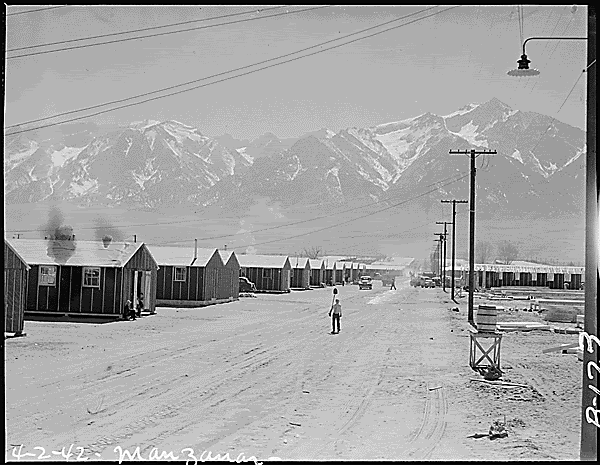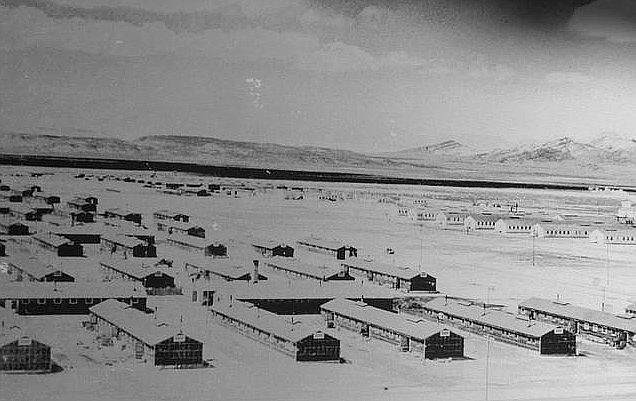
A newly declassified document shows that J. Edgar Hoover, the longtime director of the Federal Bureau of Investigation, had a plan to suspend habeas corpus and imprison some 12,000 Americans he suspected of disloyalty.
Hoover sent his plan to the White House on July 7, 1950, 12 days after the Korean War began. It envisioned putting suspect Americans in military prisons.
Hoover wanted President Harry S. Truman to proclaim the mass arrests necessary to “protect the country against treason, espionage and sabotage.” The F.B.I would “apprehend all individuals potentially dangerous” to national security, Hoover’s proposal said. The arrests would be carried out under “a master warrant attached to a list of names” provided by the bureau.
The names were part of an index that Hoover had been compiling for years. “The index now contains approximately twelve thousand individuals, of which approximately ninety-seven per cent are citizens of the United States,” he wrote.
“In order to make effective these apprehensions, the proclamation suspends the Writ of Habeas Corpus,” it said.
Habeas corpus, the right to seek relief from illegal detention, has been a fundamental principle of law for seven centuries. The Bush administration’s decision to hold suspects for years at Guantánamo Bay, Cuba, has made habeas corpus a contentious issue for Congress and the Supreme Court today.
The Constitution says habeas corpus shall not be suspended “unless when in cases of rebellion or invasion, the public safety may require it.” The plan proposed by Hoover, the head of the F.B.I. from 1924 to 1972, stretched that clause to include “threatened invasion” or “attack upon United States troops in legally occupied territory.”
After the terrorist attacks of Sept. 11, 2001, President Bush issued an order that effectively allowed the United States to hold suspects indefinitely without a hearing, a lawyer, or formal charges. In September 2006, Congress passed a law suspending habeas corpus for anyone deemed an “unlawful enemy combatant...”
...Hoover’s plan called for “the permanent detention” of the roughly 12,000 suspects at military bases as well as in federal prisons. The F.B.I., he said, had found that the arrests it proposed in New York and California would cause the prisons there to overflow.
So the bureau had arranged for “detention in military facilities of the individuals apprehended” in those states, he wrote.
The prisoners eventually would have had a right to a hearing under the Hoover plan. The hearing board would have been a panel made up of one judge and two citizens. But the hearings “will not be bound by the rules of evidence,” his letter noted...
...Hoover’s July 1950 letter was addressed to Sidney W. Souers, who had served as the first director of central intelligence and was then a special national-security assistant to Truman. The plan also was sent to the executive secretary of the National Security Council, whose members were the president, the secretary of defense, the secretary of state and the military chiefs.
Yes, it's good to know we're beyond that now entirely.









No comments:
Post a Comment